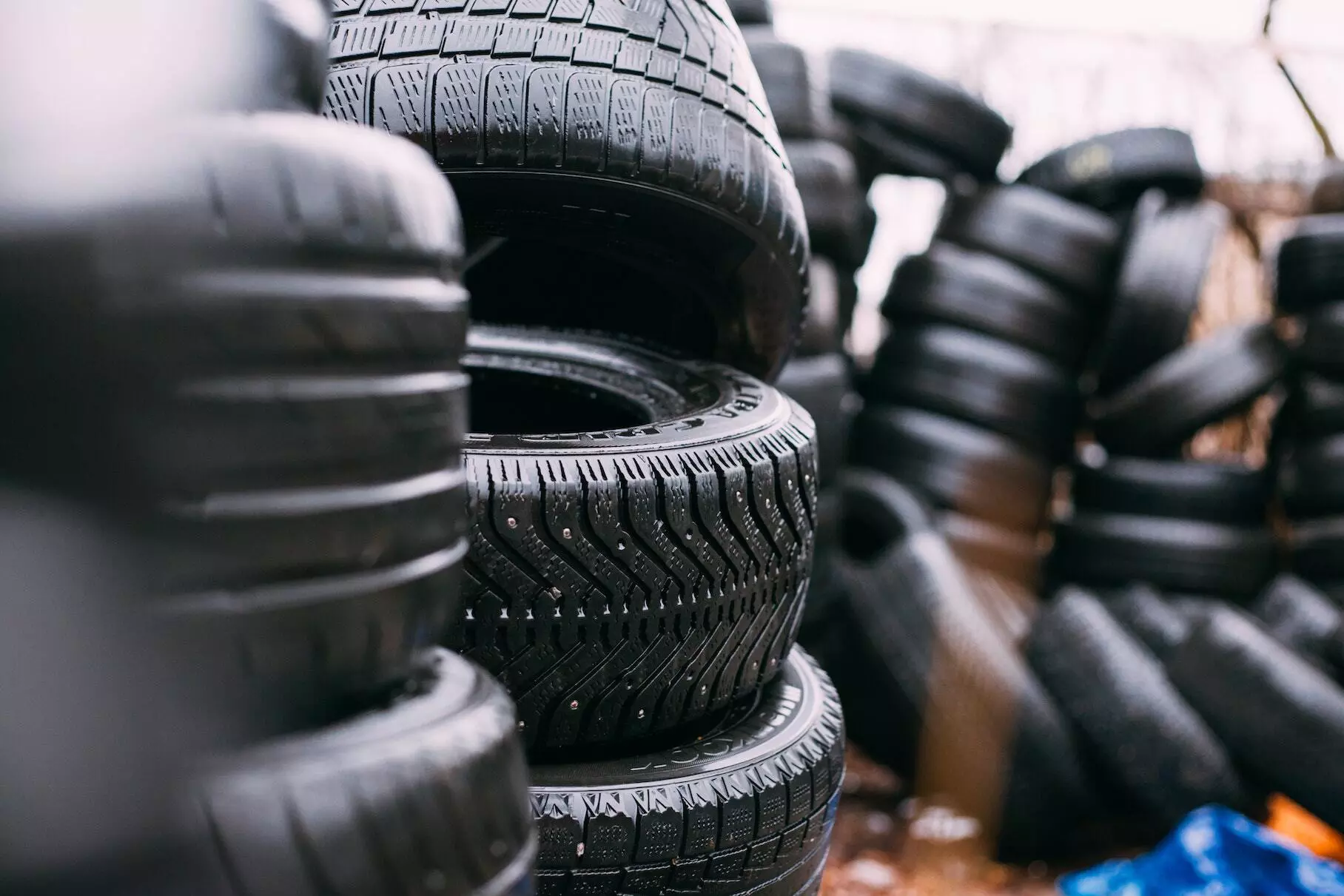This proposal was made by the Ministry of Industry and Trade of the Russian Federation. The goal is to force manufacturers to comply with requirements for the maximum permissible level of hazardous substances in rubber composition. The corresponding draft government resolution has already been prepared, Izvestia writes.
The requirements for tire safety are established by the technical regulations of the Customs Union, but there are no requirements for the environmental friendliness of tires, the Ministry of Industry and Trade indicates in the explanatory note to the project.
In particular, the maximum parameters for the content of carcinogenic substances are not specified. For example, the composition of bay protons should be no more than 0.25 percent. There is also no limit on the content of polycyclic aromatic hydrocarbons (PAHs) – carcinogenic and mutagenic substances – in the tire tread.
Michelin will close two factories in France What winter tires are produced in Russia? Winter tires: a reminder of everything you might have forgotten
At the same time, tests show that about 11 percent of domestic and 40 percent of foreign tires do not comply with GOST and are dangerous. Mandatory certification will help correct this, the Ministry believes.
At the end of November, the former Bridgestone plant in Ulyanovsk resumed tire production. Now they make summer tires there, which will be released on the market under the Cordiant brand. Next year, premium brand Gislaved tires will begin to be produced at the site. By 2025, the plant plans to produce 1.2 million different tires.
100,000 km in Russia: there is a record!








